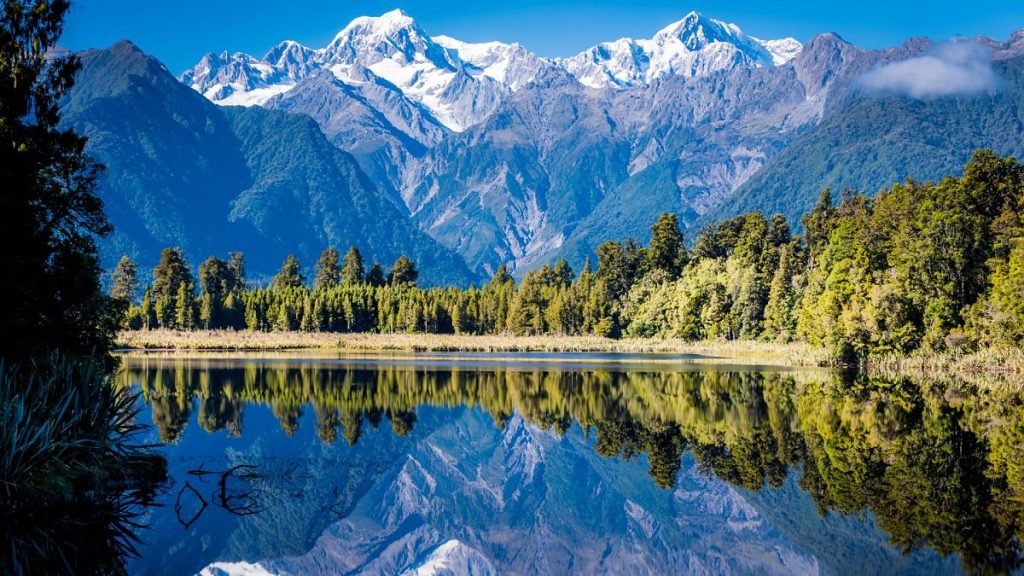New Zealand is nearly tripling its tourist tax from NZ$35 to NZ$100 in order to protect its natural environment and boost public services. The country emerged cautiously from COVID-19 and is shifting towards regenerative, sustainable travel, aiming to attract higher-spending visitors who stay longer. Before the pandemic, tourism was New Zealand’s largest export industry, but the country faces environmental degradation due to the influx of visitors, which threatens its delicate natural environment and leaves it less resilient to disasters like flooding and wildfires.
The higher tourism fees will be used to boost conservation initiatives that mitigate the impact of visitors on New Zealand’s environment. The current NZ$35 International Visitor Conservation and Tourism Levy (IVL) was introduced in 2019 to support natural heritage and infrastructure. However, the revenue generated from the fee is not sufficient to address tourism and conservation issues, prompting the government to increase the fee to NZ$100. The increase puts New Zealand in line with charges in other countries, despite being far higher than destinations like Bali. The fee increase coincides with a rise in visitor visa charges, making the total cost to enter New Zealand up to NZ$500, which some fear could deter visitors.
While the higher tourism tax in New Zealand is relatively low compared to other ecologically delicate destinations, some tourism bodies are concerned that it could deter visitors. NZ Airports argues that the increase will be detrimental to the economy, while Tourism Industry Aotearoa (TIA) believes it will make New Zealand “incredibly expensive” to visit. The association points out that the tax hike will coincide with a 60% increase in visitor visa charges, making the total cost to enter the country significantly higher compared to other popular destinations like Canada and Australia.
The introduction of the higher tourism tax in New Zealand raises questions about the country’s approach to balancing the economic benefits of tourism with the need to protect its natural environment. The government argues that the increase in the tax is necessary to address conservation and tourism issues and puts New Zealand in line with charges in other countries. While some fear that the increase could deter visitors, Minister for Tourism and Hospitality Matt Doocey believes that the tax hike is unlikely to have a significant impact on visitor numbers due to its relatively low percentage of total visitor spending.
New Zealand’s decision to increase its tourist tax reflects a global trend towards implementing fees to address the environmental impact of tourism and support conservation initiatives. The country’s shift towards regenerative, sustainable travel highlights a growing awareness of the need to protect natural environments while also promoting responsible tourism practices. As New Zealand navigates the challenges of balancing tourism growth with environmental conservation, the impact of the higher tourism tax on visitor numbers and the overall economy remains to be seen.









